
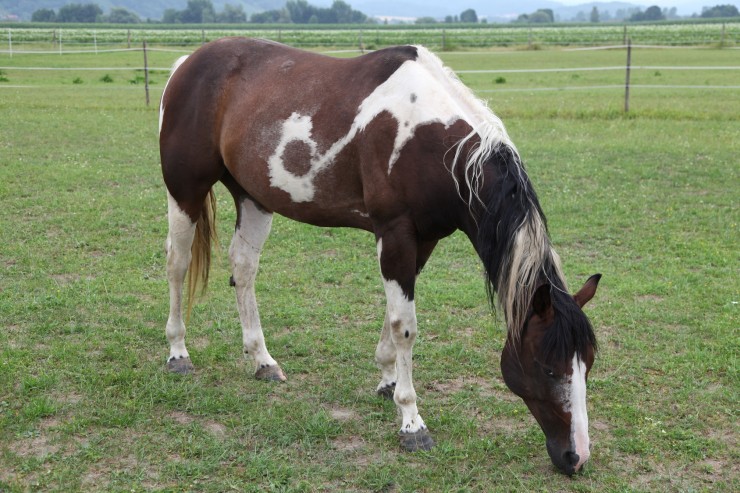
More horses live for longer than ever before all thanks to a better understanding of their nutritional needs, advancements in veterinary medicines and how to treat certain common conditions successfully. As a result, researchers are always keen to find out how best to keep horses in good health during their golden years which not only includes what they need to be fed, but also whether or not they need to be regularly wormed and vaccinated too.
Recent studies in the States established that 29% of the horse population in the UK is over the age of 15 which is ten percent more than across the water where the research established that the horse population over the age of twenty stands at anything between 7% and 15%. When all added up these figures translate to a lot of horses in their senior years.
Although horses are enjoying longer life spans, their overall health generally suffers with age which is mainly due to the fact their immune responses start to decline when they reach 20 which is known as “immunosenescence”. The decline in their immune systems increases the risk of them developing more inflammatory disorders which can result in horses suffering chronic or low grade age-related inflammatory conditions and diseases. As such owners and vets need to work together to ensure that horses enjoy a comfortable life when they reach their golden years by ensuring not only that their nutritional needs are met, but to also make sure they are regularly wormed and vaccinated.
There are 3 ways vets and owners can make life more comfortable for a horse over the age of twenty which are as follows:
Owners should set up a vaccination programme for an older horse which should include flu and tetanus as well as any other core vaccinations a vet may recommend which might well include things like equine herpesvirus. Just because a horse is no longer in work, does not mean they should not be regularly vaccinated so they are kept up to date with all the core things needed to remain healthy and to help them fend off diseases and conditions that could seriously impact their overall health.
The thing to remember is that older horses don't have such strong immune systems as such they have a much harder time fending off any nasty bugs that may be around. If they are infected, the healing process tends to be slower too. You may find your vet recommends a horse has two boosters every year to ensure they are as protected as possible.
Researchers looked at whether the older horse could cope with some of the wormers they are regularly given when younger. The research covered inflammatory responses when given any anthelmintic treatment and established that older horses tended to pass a higher level of eggs in their droppings when wormed, and that they responded well to pyrantel and moxidectin based wormers. However, the researchers also recommended that older horses should have a worm count to establish whether and when it would be necessary to treat them rather than set up an annual programme. They also recommended that owners carry out a second “test” once an older horse has been treated to see how effective it actually was.
The studies established that older horses need to be fed a diet that suits their individual needs and that there is no “one diet” for all horses when they reach their golden years. Researchers also found that feed containing good levels of prebiotics when fed over a period of time helped reduce inflammatory cytokines which in turn meant the older horse stands a better chance of maintaining better body condition.
With this said, each horse is different and therefore their nutritional needs may be different which owners need to establish in order to avoid any imbalances which could ultimately affect their overall health. If in doubt, it's best to discuss things with a vet or an equine nutritionist who would assess your horse and their environment before recommending a diet to suit their age and condition taking into account any chronic disorders they may have developed over time.
It would be fair to say that many factors go into how horses age and as such each horse is quite different. However, the one constant is that at some point in their senior years, they will need a little help to ensure they remain comfortable. These recent studies established that older horses need to be regularly and routinely given all the core vaccinations and owners should have worm counts carried out on a frequent basis to establish whether they need worming. When it comes to dietary needs, older horses appear to do much better when fed a diet that contains good levels of prebiotics which helps reduce the risk of inflammatory disorders taking hold and which in turn makes their lives more comfortable.
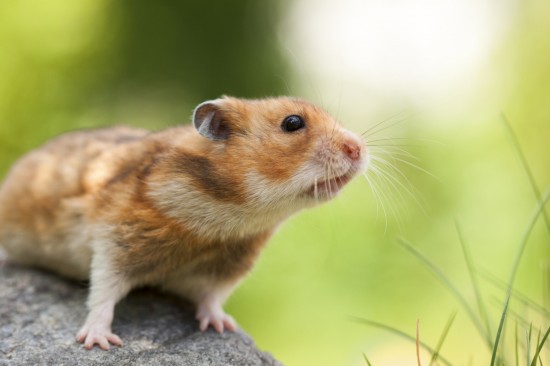 Top Tips On What To Feed A Syrian Hamster
Top Tips On What
Top Tips On What To Feed A Syrian Hamster
Top Tips On What
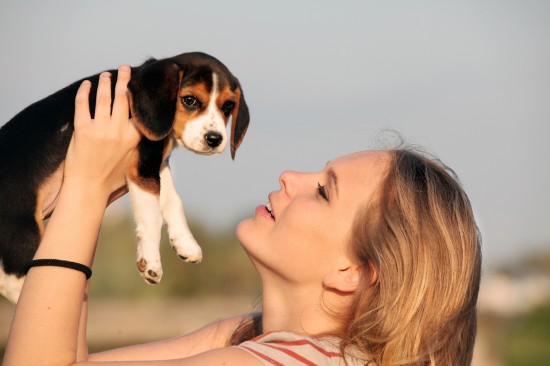 Buying An Animal - Your Legal Rights
Buying An Animal
Buying An Animal - Your Legal Rights
Buying An Animal
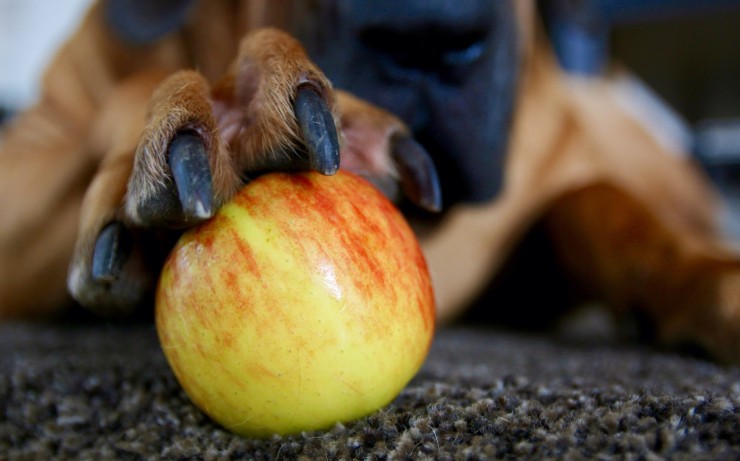 Ten Healthy Fruits That Are Suitable For Dogs
Ten Healthy Fruit
Ten Healthy Fruits That Are Suitable For Dogs
Ten Healthy Fruit
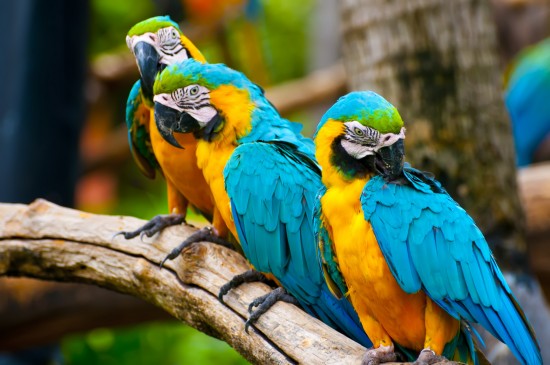 Most Interesting Facts About Parrots
Most Interesting
Most Interesting Facts About Parrots
Most Interesting
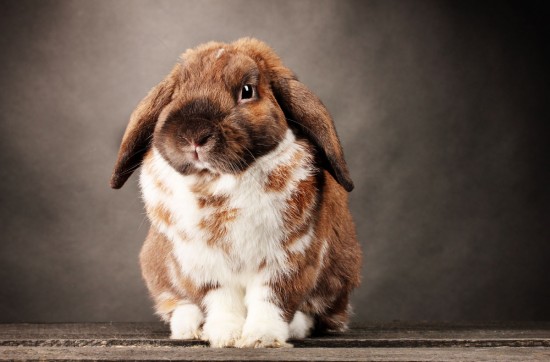 Rabbit Care Calendar - Month By Month Care Advice For Your Rabbit
Rabbit Care Calen
Rabbit Care Calendar - Month By Month Care Advice For Your Rabbit
Rabbit Care Calen
Copyright © 2005-2016 Pet Information All Rights Reserved
Contact us: www162date@outlook.com